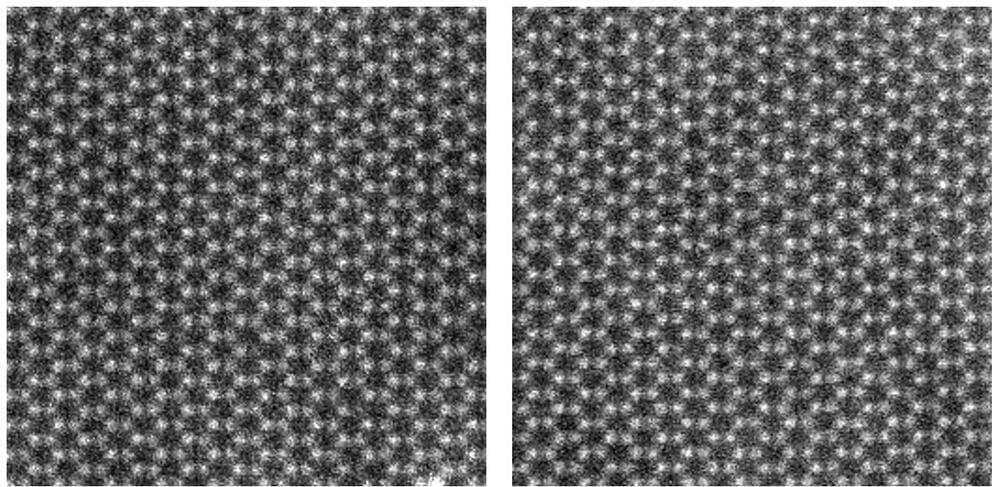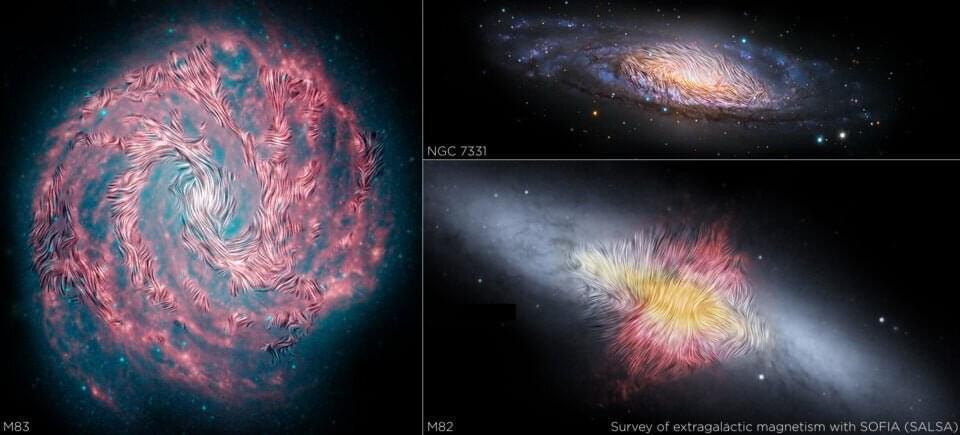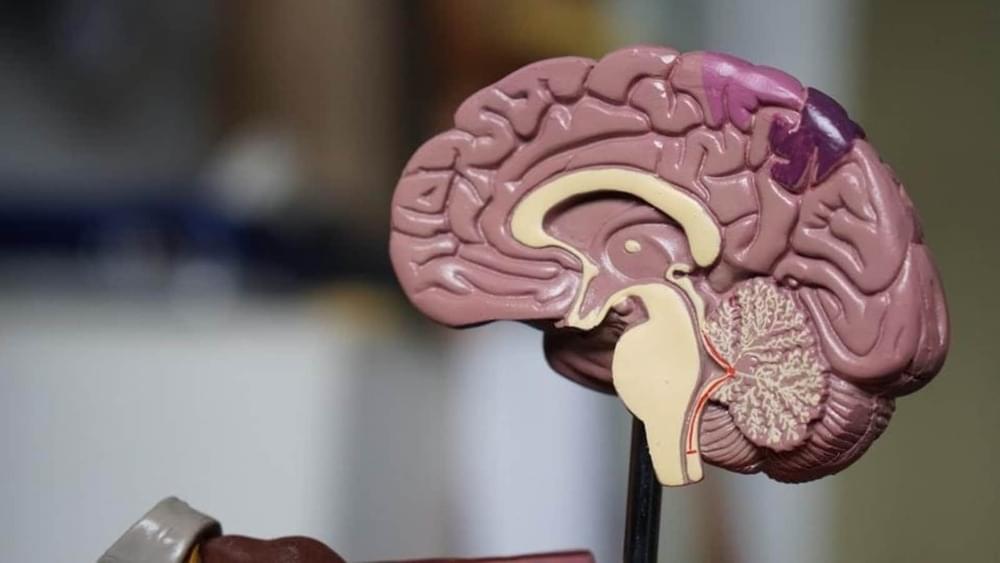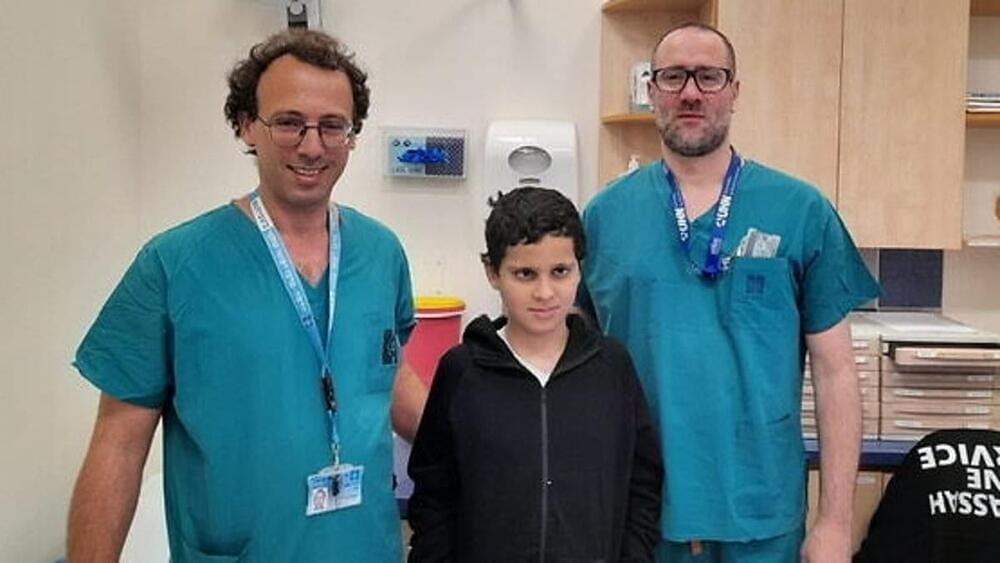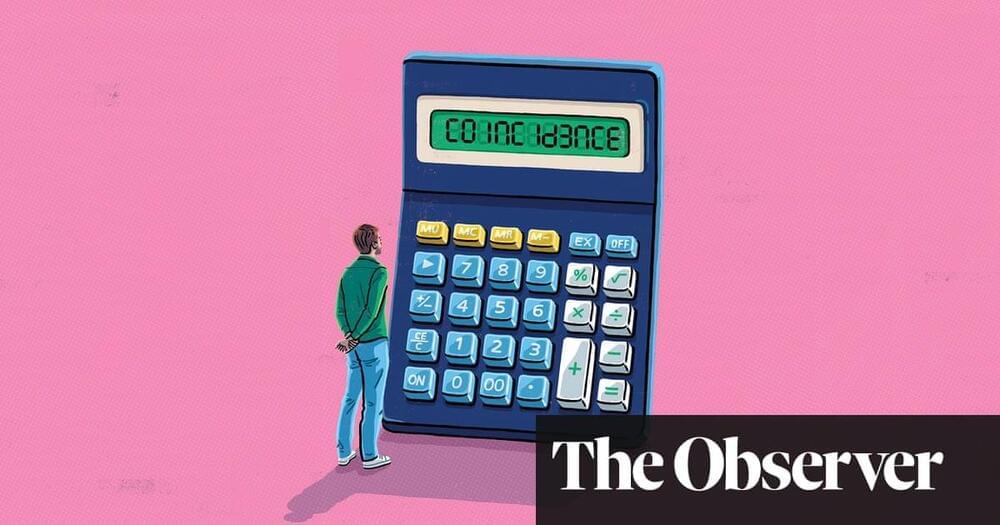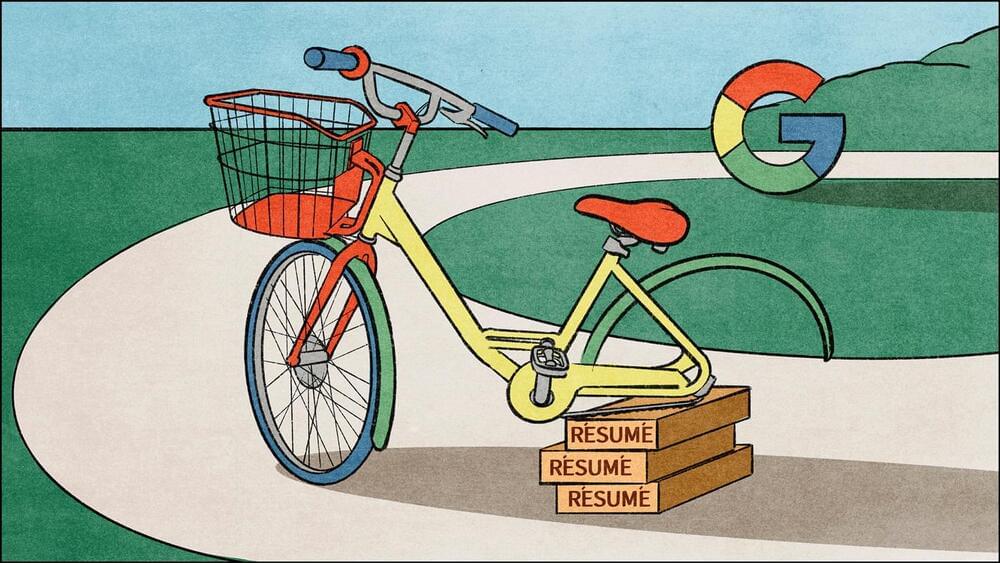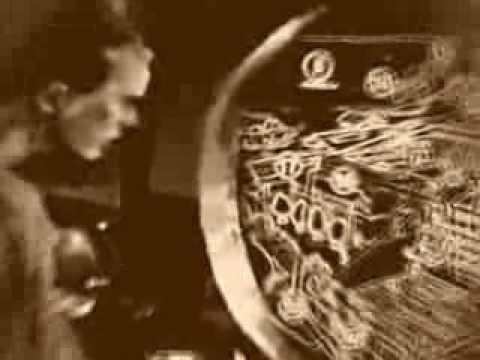Jul 16, 2023
Generative AI ‘fools’ scientists with artificial data, bringing automated data analysis closer
Posted by Shubham Ghosh Roy in categories: materials, robotics/AI
The same AI technology used to mimic human art can now synthesize artificial scientific data, advancing efforts toward fully automated data analysis.
Researchers at the University of Illinois Urbana-Champaign have developed an AI that generates artificial data from microscopy experiments commonly used to characterize atomic-level material structures. Drawing from the technology underlying art generators, the AI allows the researchers to incorporate background noise and experimental imperfections into the generated data, allowing material features to be detected much faster and more efficiently than before.
The study, “Leveraging generative adversarial networks to create realistic scanning transmission electron microscopy images,” was published in the journal npj Computational Materials.
